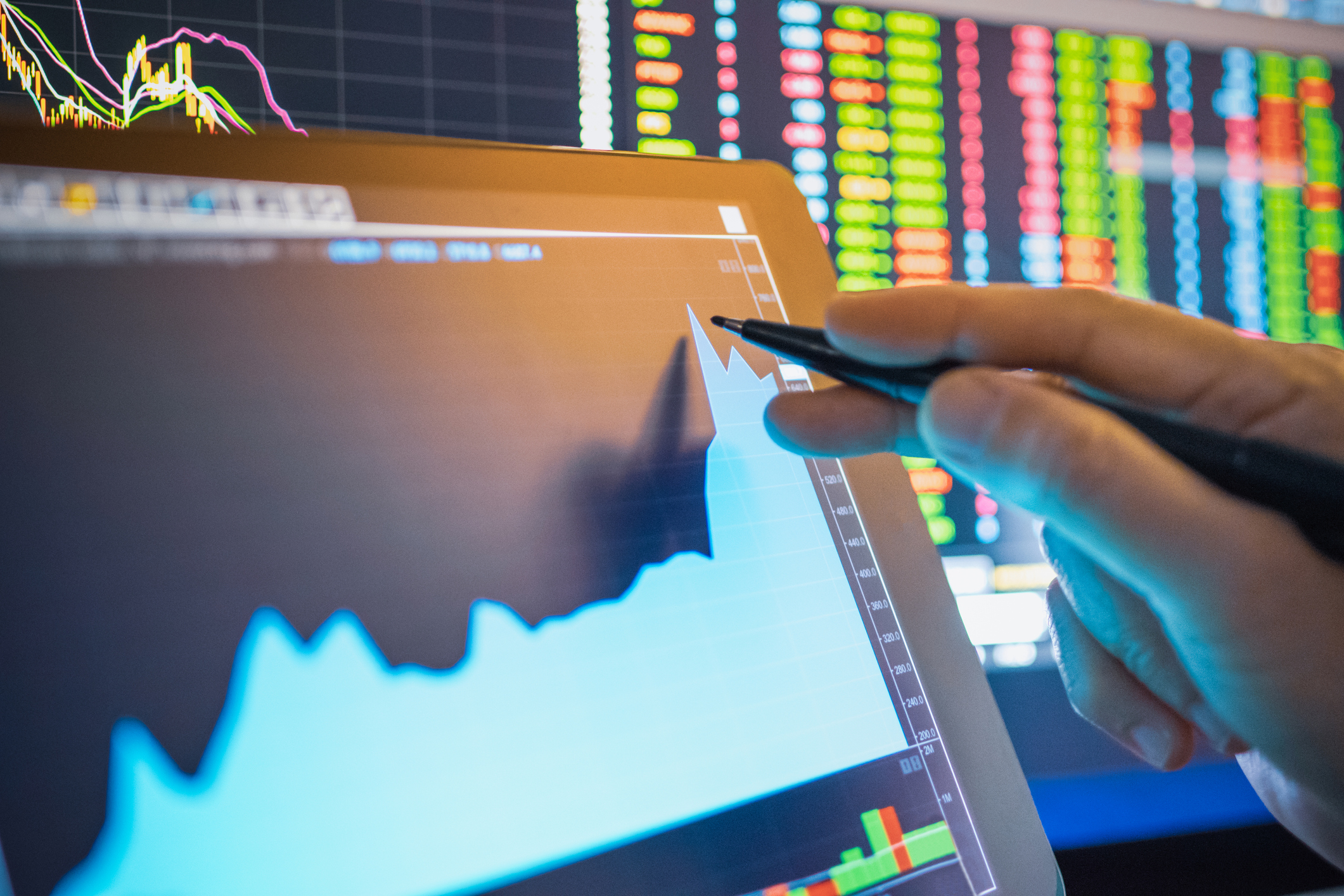The world’s greatest investors: Kyle Bass
Kyle Bass made $500m after buying credit default swaps on US subprime mortgage securities in the run up to the financial crisis.


Get the latest financial news, insights and expert analysis from our award-winning MoneyWeek team, to help you understand what really matters when it comes to your finances.
You are now subscribed
Your newsletter sign-up was successful
Want to add more newsletters?
Kyle Bass was born in 1969 and grew up in Dallas, Texas. He studied business at Texas Christian University, graduating in 1992. He briefly worked at the retail broker Prudential Securities, coming top of his training class, before joining the Dallas office of investment bank Bear Stearns in 1994. Despite being in a low-profile part of the bank, he became a managing director three years later. He then left in 2001 to move to Legg Mason, before leaving in December 2005 to set up his hedge fund, Hayman Capital Management, a few months later.
What is his strategy?
Hayman Capital Management looks for opportunities in any market, country or asset class. Over time, Bass's focus has arguably moved from what is usually called an event-driven strategy (focusing on company-specific events) to something closer to a global macro strategy (focusing on countries). This reflects his views that private debt from the financial crisis has been shifted onto public balance sheets since 2008. However, Bass emphasises that his fund still has significant investments in individual firms, including technology firms.
Did this approach work?
Between 2006 and the start of 2017, Hayman delivered an annual return of 16.5% over 11 years. By contrast, the stockmarket returned 9.4% a year during the same period. However, much of this came in the first three years although the fund returned 26% in 2016. Hayman now has assets of more than $2.2bn, compared with only $10m when it started. Bass's own net worth is unknown, but his 4,000-acre ranch in Texas has recently been listed on the market for around $100m.
Try 6 free issues of MoneyWeek today
Get unparalleled financial insight, analysis and expert opinion you can profit from.

Sign up to Money Morning
Don't miss the latest investment and personal finances news, market analysis, plus money-saving tips with our free twice-daily newsletter
Don't miss the latest investment and personal finances news, market analysis, plus money-saving tips with our free twice-daily newsletter
What were his biggest successes?
Bass's most famous trade was to buy large amounts of credit default swaps (CDS) on US subprime mortgage securities in the run up to the US financial crisis. Since CDSs are insurance for a security defaulting, this was equivalent to betting against them. The trade made around $500m in profits for Hayman, helping it return over 200% in 2007. He was also one of the first to raise the possibility that Greece would default on its debt.
What lessons are there for investors?
Bass believes investors need to pay more attention to tail risks the chance of significant losses or gains (hence his willingness to make long-shot bets such as his subprime position). Many of his positions involve making bets on currencies or government bonds and he thinks you need to have a grasp of what policymakers are thinking and what motivates them.
Get the latest financial news, insights and expert analysis from our award-winning MoneyWeek team, to help you understand what really matters when it comes to your finances.

-
 8 of the best properties for sale with minstrels’ galleries
8 of the best properties for sale with minstrels’ galleriesThe best properties for sale with minstrels’ galleries – from a 15th-century house in Kent, to a four-storey house in Hampstead, comprising part of a converted, Grade II-listed former library
-
 The rare books which are selling for thousands
The rare books which are selling for thousandsRare books have been given a boost by the film Wuthering Heights. So how much are they really selling for?